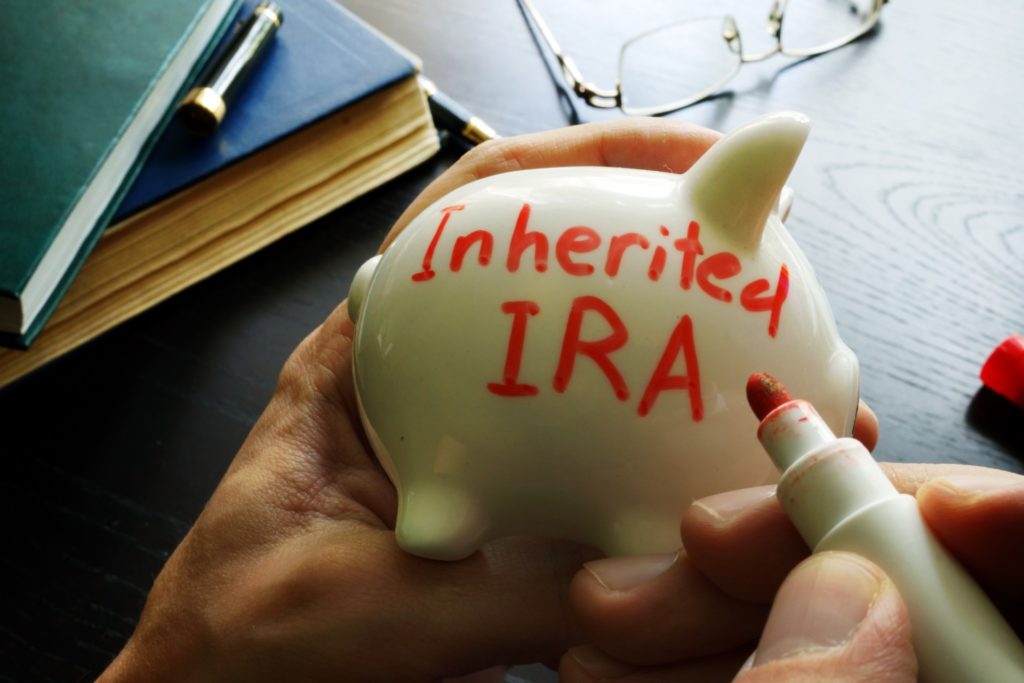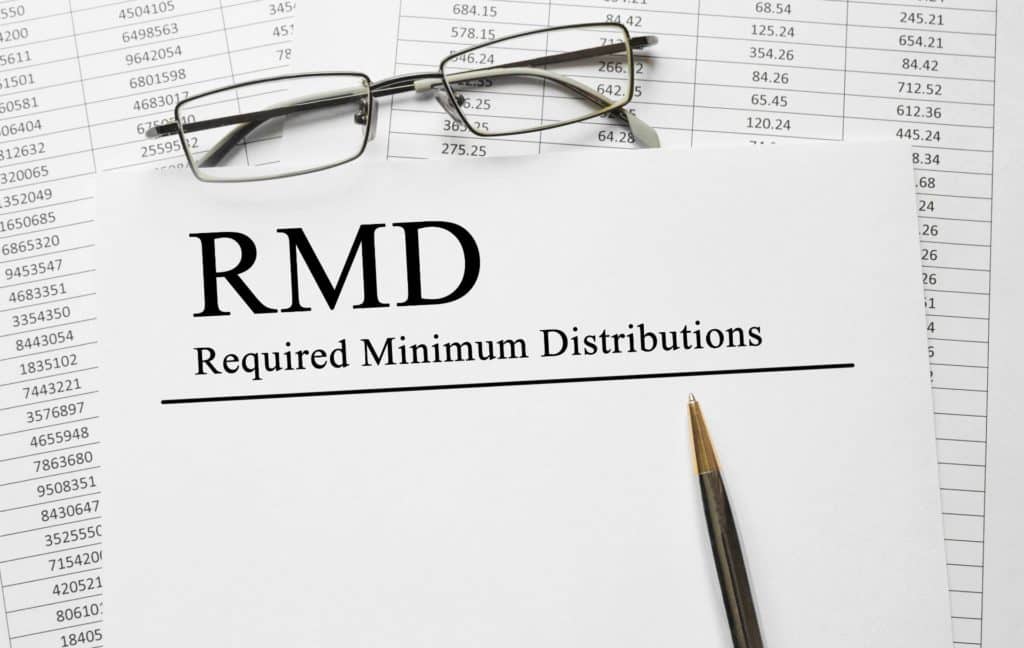
What You Should Know about Inherited IRA
Navigating the often complex world of inherited individual retirement accounts (IRAs) can be daunting, especially in the wake of losing a loved one.
Call us Anytime
Laurel, MD 20707
Downs Law Firm, P.C.
Home • Retirement Plans • Roth IRAs

Navigating the often complex world of inherited individual retirement accounts (IRAs) can be daunting, especially in the wake of losing a loved one.

Naming secondary beneficiaries can help estate planners avoid the delay and costs of going through probate, as well as ensure that your wishes are carried out.

If you’ve had an IRA and a 401(k) for many years, you may occasionally ask yourself some questions: ‘Am I contributing enough?’ ‘Am I still funding these accounts with the right mix of investments for my goals and risk tolerance?

So, you inherited a retirement account. Before you make any decisions on when and how to access the money, it’s worth familiarizing yourself with the rules that apply to different beneficiaries.

When an estate is named beneficiary of an IRA, what is the method of distributing it to one individual in the most tax-effective way?

The SECURE Act killed the stretch IRA but instead of mourning, advisors can help clients make up the loss.

There have been several law changes that affect IRAs passed since December 2019.

The Secure Act will force faster withdrawals from Inherited IRA Accounts.

The Secure Act would upend 20 years of retirement planning and stick it to the middle class.

Once your money is in a retirement account, it’s there until you’re ready to use it, right? Not exactly.